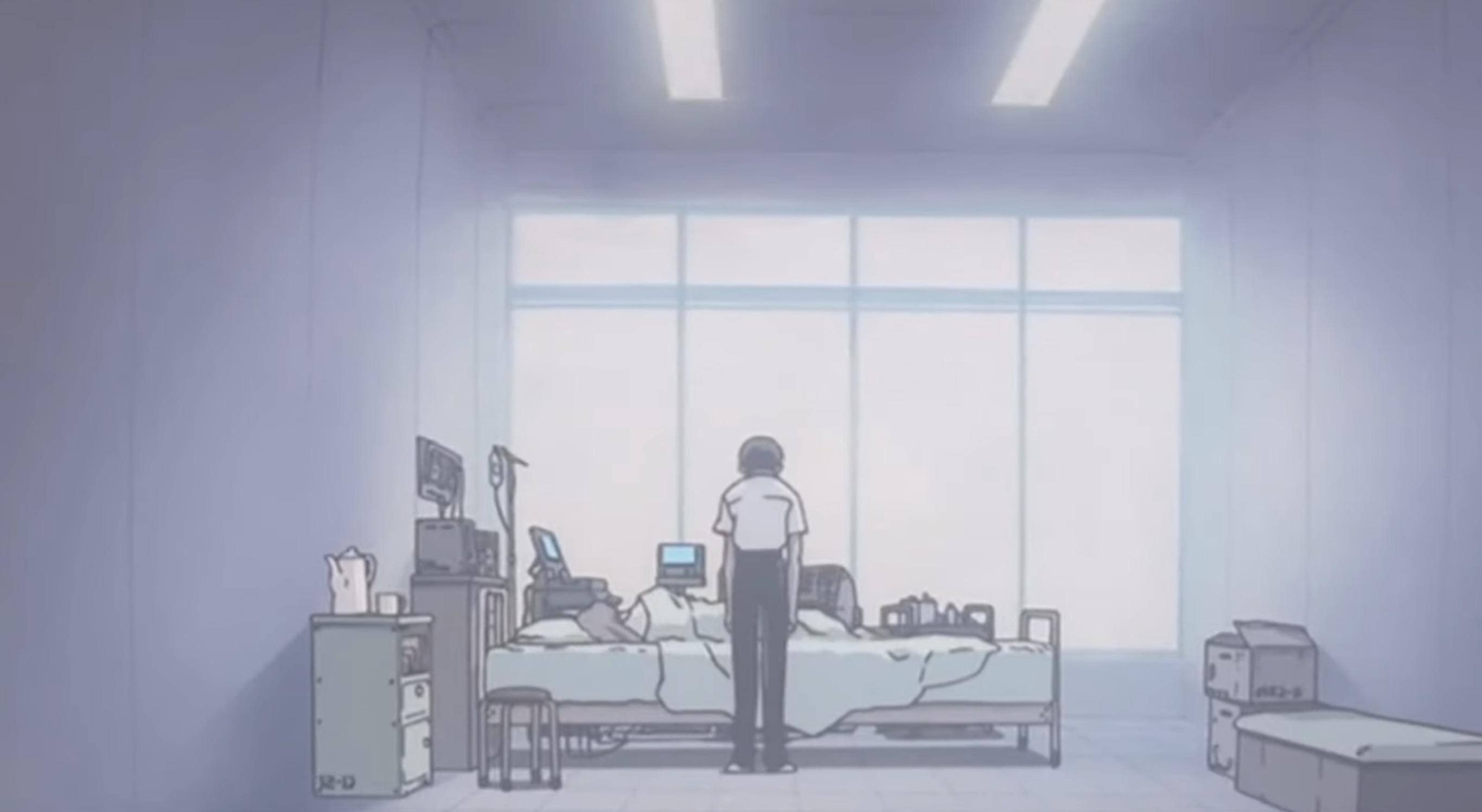

Misreading the first word as “Diddy” was absolutely WILD for a moment, holy


Misreading the first word as “Diddy” was absolutely WILD for a moment, holy





If you are guilty of a crime, then certainly being truthful and cooperative with police can lead the Judge to be more lenient with sentencing than if you had been a problem. It also can directly lead to you being treated less roughly (or “normally”) by police, and less additional charges ontop of your existing charge. Obviously it depends on the severity of the crime, but it is not entirely a myth. Judges usually have within their discretion a range of time for sentencing, and I have seen multiple times where a Judge takes the Defendant’s cooperation and truthfulness into account, giving the lowest possible sentencing.
My personal opinion is to just be truthful and own your actions. Be accountable. If you broke the law you broke the law, you know? Yes, a lawyer can help lower your sentence, and its really never advisable to not speak to a lawyer, but its just my opinion of “If you cannot do the time, then do not do the crime.” Yes, sometimes following the law can be a hassle, and yes there are laws I think are stupid and I do not agree with. But they are still the laws of the land and if I want to live here, then I am obligated to follow the law to the best of my ability.
THIS IS NOT LEGAL ADVISE BY THE WAY
Be polite, be respectful. Kinda like bees. If you don’t mess with them, usually the bees aren’t going to mess with you. If you don’t give police a reason to interact with you, unless you were a witness to a crime or something they will usually leave you alone, where I live at least. I am over 30 and that is the only interaction with police I have ever had where I would consider myself as a suspect. Also, I feel obligated to mention that I am a Mexican American, and a legal citizen.


I had police called on me once. I was working for a homeowner while they were out of the country, and one of their neighbors called the police to report me being in the homeowners backyard.
I was watering their plants, by the way. But their neighbors might not have known or seen that since the backyard is behind the house and a fence.
Anyways, police showed up and took a few steps up the driveway to the side of the house where I was working and asked me if I was the homeowner. I politely said “No, I am not the homeowner.” The officer gave me a look, to which I elaborated “I work for the homeowner, they are currently on vacation in [country name], and they asked me to water their plants for them.” I was holding the water hose in my hand and the plants were wet on the side of the house he could see.
He was also polite, asked me for my ID which I presented, he took a picture of it on his phone and then took some notes. He asked me to hang out around the front of the home a bit because I think he may have been relaying information to dispatch, but then he came back and shook my hand and said “Thank you for being cooperative, I was on a call with the dispatch who told me the person who reported you said the homeowner was on vacation in [country name]. I don’t want to take any more of your time, but hope you have a nice day and I already let dispatch know if anyone else calls about it to let them know you work for the homeowner.” And that was that.
Be polite and respectful. Don’t lie or be untruthful. You might not like the police, but they are still humans, treat them like humans. Purposefully making their job harder will never, ever end well for you.
Every citizen can choose for themselves if they wish to remain silent, and if you choose to do so you must say specifically that you exercise your right to remain silent. If you have to speak to the police for whatever reason after you said you exercise your right to remain silent, you are legally obligated to say you will continue to exercise your right to remain silent if you choose to continue to do so.


Do you ever go back to a WikiPedia article after you read it to check if it has been updated? Yeah, didn’t think so. Most people don’t. Thats why there is danger in just believing everything on WikiPedia because its on there and its free. Its not a bad resource, but it isn’t always a good source either.
But obviously you and others have some weird fetish regarding WikiPedia, so I guess this is where the conversation stops. People here be making it out like I am saying WikiPedia is evil and that is definitely not what I am saying, but I suppose on Lemmy it doesn’t really matter. People believe whatever they want to regardless.


Yes it does. But not all of that information is always true. Wikipedia pages are vandalized all the time, people quote sources that are later revealed as made up or not credible, these are all things that happen everywhere, WikiPedia is not immune to this. That is why I said WikiPedia is not a “force for truth.” It can be correct, but can you guarantee that every time you go to WikiPedia, the information on any given page will always be 100% correct? This is all I meant.


Well as I said it, isn’t completely useless. I mean, sources aren’t always reputable. People make mistakes, people act in bad faith, things happen.
I was just saying that WikiPedia is not a “bastion of truth,” because it is very susceptible to wrong information. Sure, the information may be correct most of the time on popular high traffic pages, but on low traffic pages, or pages that used to be low traffic and suddenly became high traffic because of some topical issue, can you really be sure that you aren’t reading wrong or biased information? That is all I am bringing up. I think any person with a brain can realize this, but I wanted to be sure to mention it regardless, as many people seem to not meet that low specification.


Honestly. Could be any user on any platform, Lemmy not excluded.


I don’t know exactly what is going on with WikiPedia right this moment, mostly because I am neither glued to the news nor to WikiPedia, and I have no idea who this user you talk about is or what they are saying. However, WikiPedia isnt exactly a 100% trustworthy source, and it never really was.
Calling WikiPedia a “force for truth” is kind of silly, in my opinion. It can be helpful with basic information or finding potential sources, but it is definitely not something you should just immediately take everything on the site at face value. Within the last maybe 10 years or so, the credibility of its sources have started to come into question, at least on some of their recently authored/edited articles. It certainly doesnt help that literally anyone can edit most pages, and that WikiPedia is not a verifiably neutral information source on most things. What I mean by this is that, WikiPedia might list both positive and negative reception about a certain film or video game, for example, but they usually wont mention whether the negative points are outliers or whether there is overwhelmingly more positive reception except if there is a controversy section. This gives a surface appearance of being neutral, but actually skews toward whichever side is the dissenting opinion. For video games and film, they at least list reviews which can kind of mitigate this, but on articles regarding history or art, you cant exactly put reviews on historian/artist opinions. This can lead (and has lead) to some instances of sources quoting themselves (which I think is against WikiPedia rules?) and other hilarity.
Yep, totally unplayable. Confirmed.
The style is also different, with the UI icon having larger mandibles and a larger mandible base.


Not on Lemmy though.
Also, Pro Tip:
Sometimes you can occasionally make a comment you know will be taken negatively so that you can update your block list of people who choose to leave mean replies. It helps to phrase it in a way that will create an emotional response. This is helpful for removing these people from your feed, because usually they leave negative comments like that on every reply they make. Very rarely do I find a person that is nice in most of their comments leaving a mean one, like ever. But also it is very rare I find these kind of people in the first place anymore.


This was absolutely a book cover for a fantasy novel. Can we go back to these? Please?


Anyone that survives listening to Yoko Ono sing for 3 minutes is stronger than any human that ever lived, let alone an entire week.


I am a professional mechanic, worked at several dealers. Nearly every car had a safety mechanism that was at least one or several of those. The only ones I didnt mention are ones that glow in the dark for trunk releases. But outside of cars that were built before mechanical safety releases were commonly incorporated in design, its not common to see mechanical safety releases that are completely unmarked. Some have a plastic cover, like the transmission neutral release, but they still generally have red/yellow/orange markings, text on them, or they glow in the dark.


Usually manual release safety levers or buttons have red or yellow markings on them, yes. Sometimes they have a logo or icon to denote what they open, and sometimes they are marked with “PULL TO OPEN” or some other similar phrase.


They make safety glass shatter tools and they usually also come with seatbelt cutters attached to them as well. Looks like a really large, sharp ballpoint pen tip.


It doesnt look marked to me. If someone saw a door like that they would have absolutely no idea that was a lever/button unless they read through the entire owner’s manual. Which let’s be honest, nobody does that these days.


Because Nintendo is a vexatious litigant that weaponizes the legal system in an attempt to bankrupt their opponents.
You ever played video games like Stellaris, where galactic civilizations gain bonuses for declaring other civilizations their rival?
This is that, but in real life. By being antagonistic, each nation can gain a citizen production bonus by taking advantage of their nationalistic pride. These citizens are then more likely to seek out and purchase products made in their own country, thus recycling the money back into their own economy, giving an economic bonus as well.